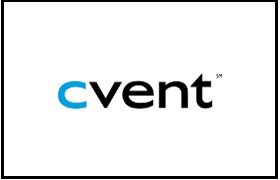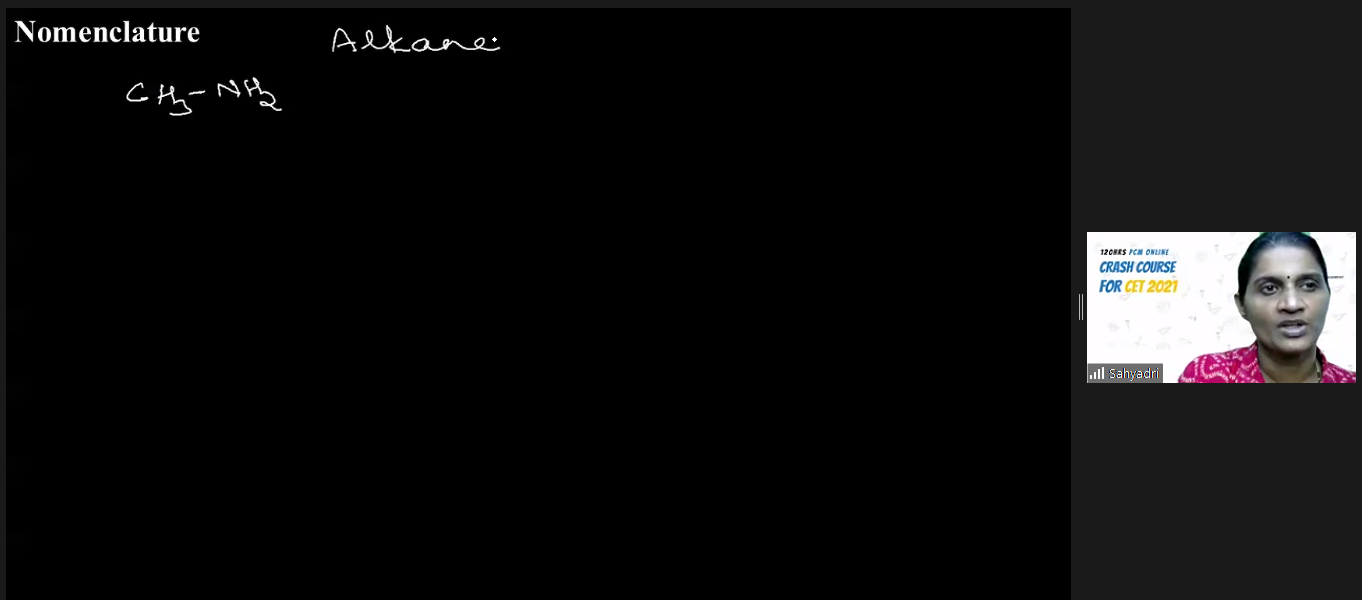Training and Placement: Cvent Campus Drive

Cvent is a global meeting, event and travel technology leader. Cvent offers software solutions to event planners for online event registration, venue selection, event management, mobile apps for events, e-mail marketing and web surveys. Cvent provides hoteliers with an integrated platform, enabling properties to increase group business demand through targeted advertising and improve conversion through proprietary demand management and business intelligence solutions. Cvent solutions optimize the entire event management value chain and have enabled clients around the world to manage hundreds of thousands of meetings and events. Cvent has multiple Associate Product Consultant positions in their Client Services department for Event Management software product.
The hired candidate shall either be a part of a team that supports clients and trouble shoot the issues over the phone on the Cvent Event Management software or will be responsible for implementing their event requirements in the tool and sharing best practices with them and supporting them via calls. Requirements are for MBA and B.Tech. Salary offered is INR 6 lakhs per annum + Benefits.

Day Forty Four of CET Crash Course for CET Aspirants
This space gives a glimpse of the Day-Wise information related to CET Crash Course organized for CET Aspirants at 10:00 am to 1:00 pm every day.
Subject: Chemistry
Topic: Amines and Biomolecules
Participant Count: 1,023

English Language – To learn OR not to lEARN!!!!!


An experience of teaching English to young students in Technical Education colleges exposes the core problem of many students being unable to grasp and master the communication skills. English language is the current lingua franca of today’s world. About one fifth of people all over the world know more or less about English. It is spoken by 1.8 billion people in the world and the numbers are increasing every minute. Almost every single university in the world are conducting scientific studies in English. A Total of 60% of radio programs are broadcast in English, more than 70% of the content or address of mailing letters are written in English. English plays an important role in the world.
Engineering is the biggest field of study in the world. English language is a tool that significantly affects engineering students throughout their academic life. While most of the theories in engineering are taught in English covering areas of lectures, tutorials, labs, project reports and assessment papers it sometimes can become a road block for students to understand the concepts and leads to mere rote learning, i.e. Mugging up concepts without understanding the core essence of the words written or spoken about in class.
So How will English Language remotely help Engineers????
1. Learn to communicate effectively, Lead classroom conversations and share ideas with colleagues.
2. Strengthen your written English communications skills, which can help authors and researchers effectively share their research results and Enable greater collaboration with global research teams.
3. Develop more effective verbal communication skills and Build confidence for job performance and career advancement.
Prior to the course completion, the last and final hurdle would be Campus interview, where the recruiters have set expectations to recruit candidates based on their Technical efficiency coupled with language competency.
So how do we increase or enhance this Language Competency????? It’s a difficult question but has a very simple answer. The important thing here is to Stop Laughing at other people’s communication mistakes. Its highly possible that one makes a wrong statement or mispronounces a word. Rather than laughing it out LOUD, lets regroup and help the person who made that blunder to correct his mistake. Over 70% of students Laugh at others mistakes without realizing that they too don’t know the correct usage of that word or statement. And this is the point where a student decides to Hide behind this fear of language and stops attempting to speak English. More than the fear of the language it is the Fear of People around him that stops him from attempting to speak better. So rather than mocking at others, lets make a combined effort to Learn something New every day. It can be a sentence, A word, A meaning, something New each day and try using it in our daily vocabulary and that is the First step to better our language competency.
Secondly, lets practice this language on a every day basis and that would be the perfect space to practice for forthcoming GD’s and Viva’s and many other discussions and presentations.
Our Peer Groups and Family are the best people who can encourage us to speak and emote better. They are like our first set of audience who will allow us to be ourselves and with them we can practice the language and its usage effectively.
Lastly, let us Unlearn what was taught to us in school and try to understand the concepts better and remove all those errors in the way we speak.
Let’s not dwell into too much and allow me to garner your attention to one key failure that we have in our language, i.e. Extensive usage of Indianisms in our conversational English Language.
Indianism is a word used a lot in India, especially by educators, teachers and trainers and people like me to refer to the Indian way of communicating in English.
Here are a few examples of Indianisms:
• What’s your good name?
Meant: What’s your name? – transliteration from Hindi.
• My uncle is on top of my father
Meant: My uncle lives on the floor above us.
• Sheela herself only did this project.
Meant: Sheela did this project without any help. / Sheela did this project all by herself.
• Where your house comes ?
Meant: Can you give me directions to your house?
• I passed out last year from college.
Meant: I graduated last year from college.
• My mother said me to go to the market.
Meant: My mother asked me to go to the market.
• I saw it happening with my own two eyes!
Meant: It happened right in front of me.
• My mother made me to study hard.
Meant: My mother ensured that I studied hard.
• Before me, there are two brothers, then is me, three more sisters are coming.
What was meant was: I have two elder brothers and three younger sisters.
Let us try and understand why many people communicate like this.
The reasons are pretty simple:
• Lack of exposure to the English language as many people take English as their third language in school and are interested only in passing the subject.
• Lack of opportunity to practice speaking and writing in English makes people prefer to stay in their comfort zone and communicate with others who speak their mother tongue.
• A tendency to think in their mother tongue and translate it into English. This is known as transliteration.
• Lack of confidence – unable to speak at length in English because they are worried that they will make errors.
English is just a language and all we need to do is to master it by speaking it right. An individual who speaks fluent English will not get lost in the world where there are people.
Food For Thought:
We have this habit of differentiating our Diet Patterns as Vegetarian and Non-Vegetarian. Honestly speaking there is nothing called as Non-Vegetarian.
Diet Patterns are mainly of these 5 types;
Vegetarian: Someone who eats only vegetables and doesn’t touch any meat, Eggs, Poultry or Sea-Food.
Pescatarian: Someone who eats vegetables and includes only sea-food in their diet.
Flexitarian: Someone who eats vegetables and also includes Meat, Eggs, Poultry and Sea-Food in their diet. (Ironically this is the correct term for Non-Vegetarian)
Vegan: Someone who does not eat meat of any kind, eggs, dairy products, or any processed foods.
Beegan: Someone who consumes honey and bee products.
Fruitarian: Someone whose diet consists of at least 75 % of fruits
Quote for the day
When you are enthusiastic about what you do, you feel this positive energy. It’s very simple.
- Paulo Coelho